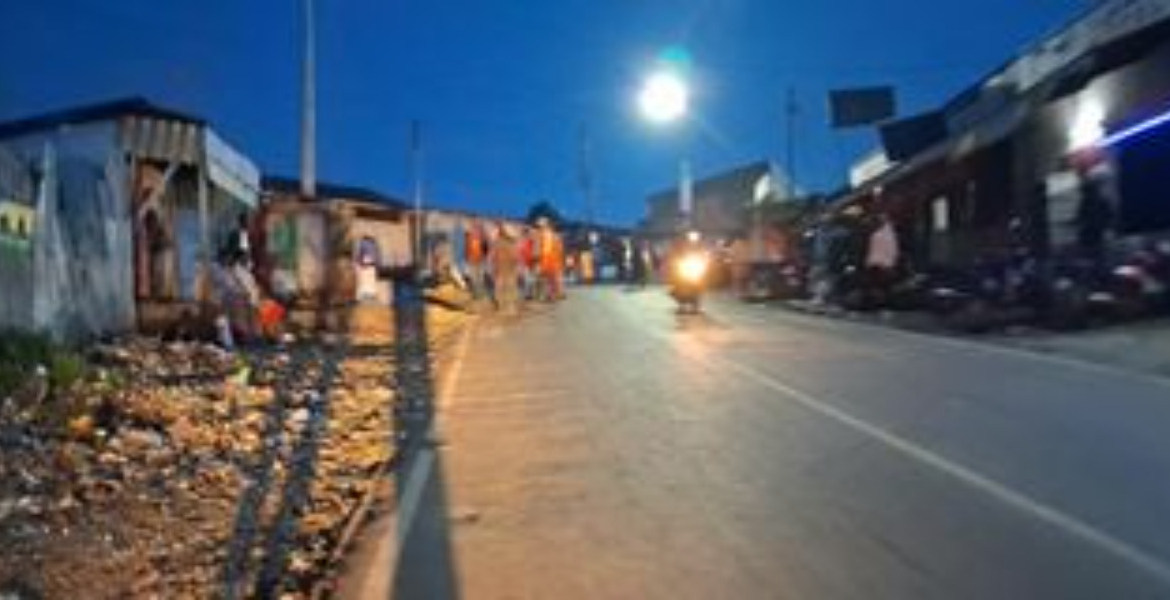Baringo’s ‘Zombie Street’: Where Drugs and Crime Rule

A central street in Kabarnet town, Baringo County, has become overrun by drug and alcohol abuse, with reports of public intoxication, criminal activity and vulnerable women and children exposed to dangerous conditions.
Once a busy commercial area, the street now operates around the clock as an open-air scene of disorder. In the early hours, women, some carrying infants, are seen visibly intoxicated outside closed alcohol outlets. Groups of men chew khat, drink low-cost liquor, or lie unconscious in public spaces.
Violent confrontations, often involving women and reportedly linked to sex work, occur in broad daylight. Local business owners and residents say the area has become unsafe. Rebecca Chepchieng, who runs a shop nearby, described the street as a threat to anyone walking through it after dark.
“It becomes very dangerous after sunset. People walking home are often robbed, raped, or assaulted,” she said, noting that she frequently closes her shop early due to safety concerns.
The recent destruction of a streetlight installed by the county government has made the situation worse, allowing criminal activities to continue unnoticed at night. Joseph Wanoma, a long-time resident, expressed concern about the number of women living on the street, many of whom have children with them.
"You will see women here overnight with babies on their backs, drinking, smoking, using drugs. Others have turned into sex workers,” he said.
Wanoma questioned the legality of alcohol outlets operating 24 hours and called for stricter regulation and enforcement. Community leaders have urged the government to respond by regulating operating hours, increasing police patrols, and protecting children from exposure to harmful environments. But some say enforcement alone is not enough. Isaiah Biwott, Executive Director of the Citizen Participation Forum, said many of those on the street have suffered serious trauma.
“Most of them are emotionally broken. They have experienced rape, defilement, neglect and even abandonment by their families. They use drugs and alcohol as a way to escape,” he said.
Biwott called for a coordinated response involving government agencies, religious institutions, and civil society organisations to offer rehabilitation and psychological support. He warned against stigmatising affected individuals and stressed the need for structured assistance and compassion.
County Commissioner Stephen Kutwa has promised to look into the matter and take appropriate steps. “Police should intensify patrols and ensure that addicts and idlers are removed from the area,” he said.
Residents like Chepchieng and Wanoma fear that without immediate action, the damage may become permanent.








Add new comment